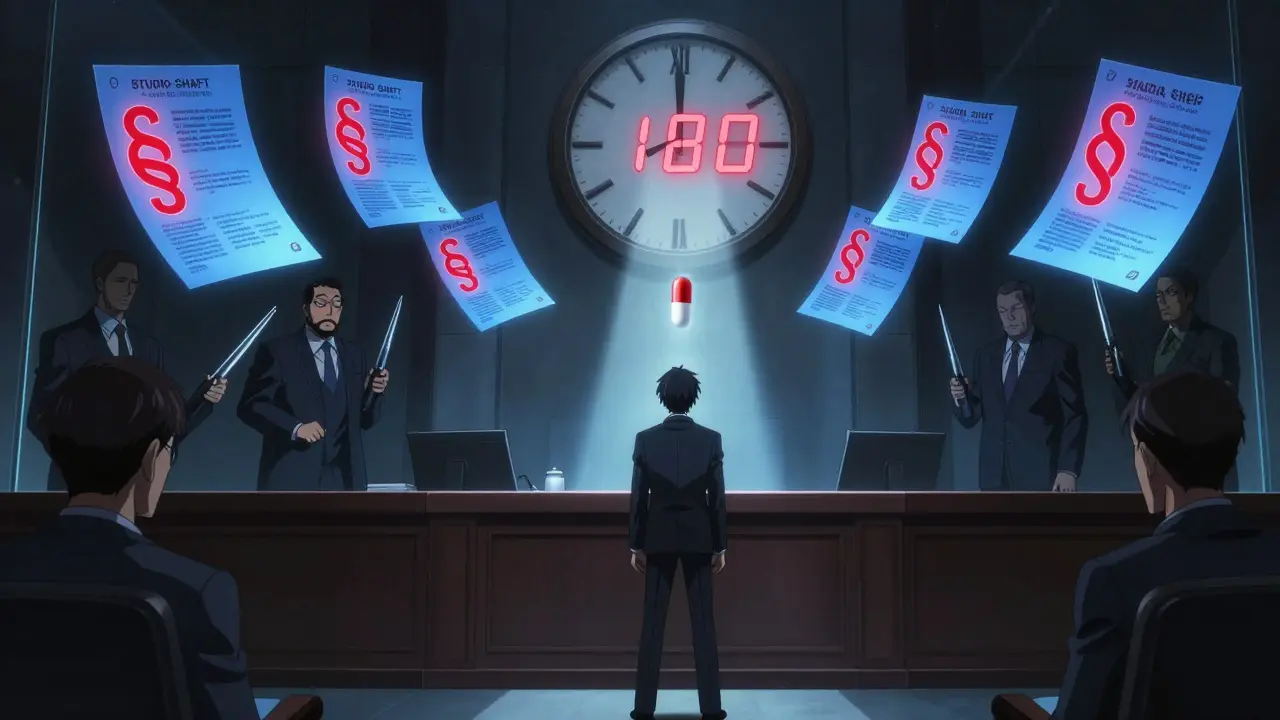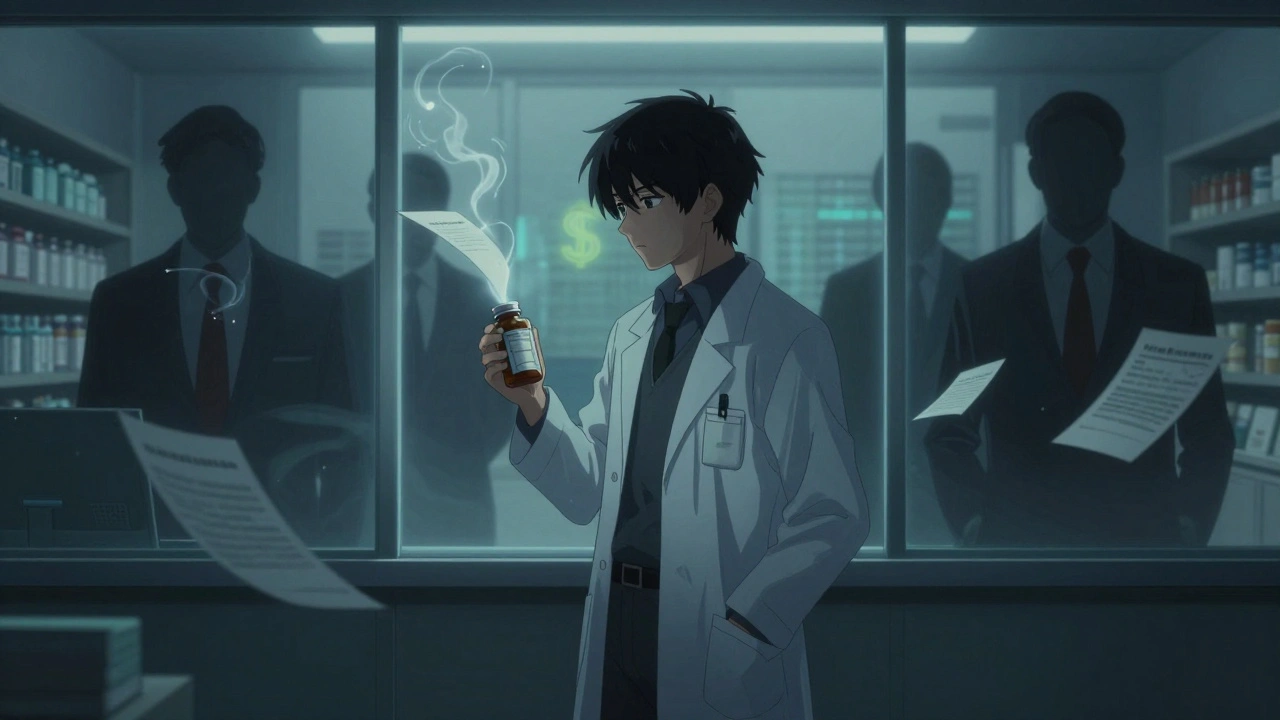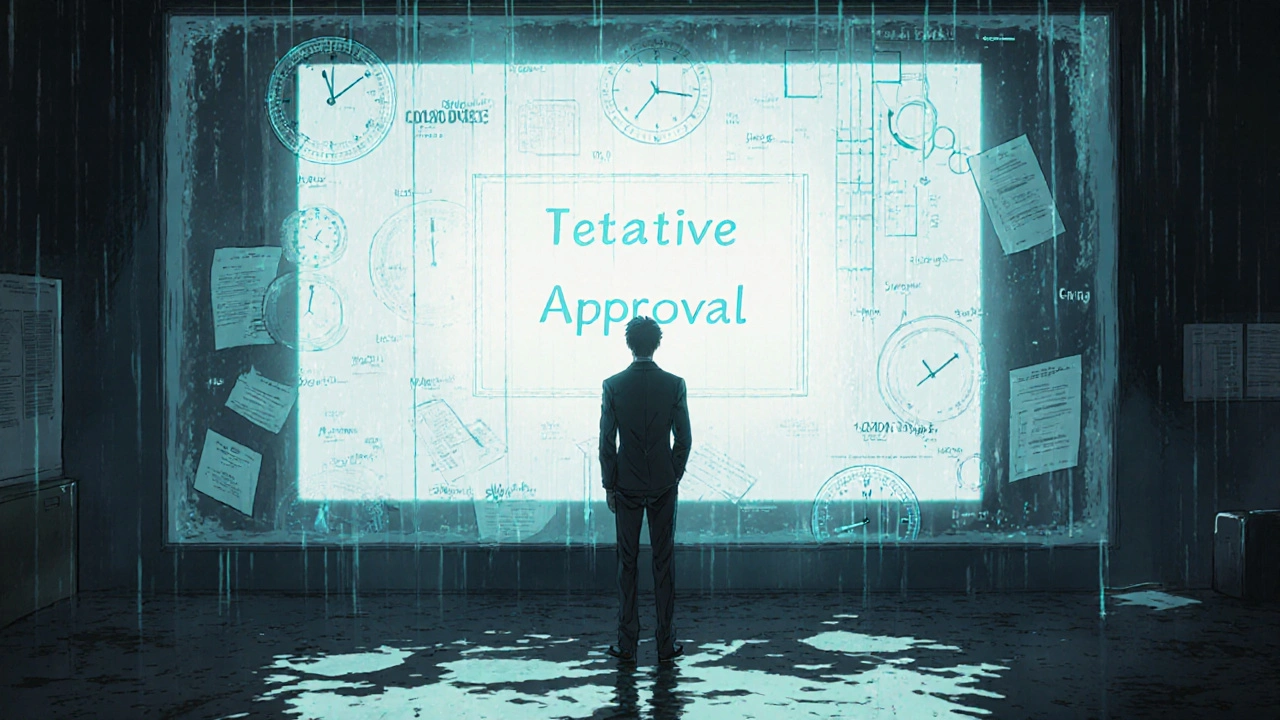Hatch-Waxman Act: How It Changed Generic Drugs and Drug Prices in the U.S.
When you buy a generic version of a drug like sildenafil or ibuprofen, you’re benefiting from a law passed in 1984 called the Hatch-Waxman Act, a U.S. law that balanced drug innovation with affordable access by creating a faster path for generic drugs while protecting brand-name patents. Also known as the Drug Price Competition and Patent Term Restoration Act, it was designed to fix a broken system where brand-name companies held monopolies for too long and generics couldn’t enter the market without costly, duplicate trials.
The Act gave generic drug makers a way to prove their products were the same as brand-name drugs without repeating every clinical study. Instead, they could file an Abbreviated New Drug Application (ANDA) with the FDA, showing bioequivalence. That cut development time from years to months and slashed prices—sometimes by 80%. But it also gave brand-name companies a 30-month stay on generic approval if a patent was challenged, which many used to delay competition. That’s why some drugs still cost three times more in the U.S. than elsewhere, even after decades. The Hatch-Waxman Act didn’t end high drug prices—it just changed how they’re managed.
Today, you see the effects of this law everywhere: in the shelves of your local pharmacy, in the cost of your prescriptions, and in the legal battles between big pharma and generic makers. It also created the framework for how drugs like Nizagara or Azulfidine get approved as generics, and why some medications stay expensive even after patents expire. The Act didn’t just change drug approval—it shaped how we think about access, patents, and cost. It’s why some patients can afford their meds and others can’t. And it’s why issues like institutional formularies, therapeutic substitution, and drug pricing debates still revolve around its rules.
If you’ve ever wondered why a generic version of a drug takes years to appear—or why it suddenly drops in price overnight—it all ties back to this law. The posts below dig into how Hatch-Waxman’s legacy plays out in real life: from how hospitals control drug substitutions, to why counterfeit drugs still slip through, to how digital tools help patients stick to cheaper generics. This isn’t just policy—it’s your prescription, your wallet, and your health.
FDA's 180-Day Exclusivity: How First Generic Applicants Gain Market Advantage
FDA's 180-day exclusivity gives the first generic drug applicant a financial edge to challenge patents and enter the market early. But delays and loopholes often block competition-costing patients billions. Here's how it works and why reform is coming.
Antitrust Laws and Competition Issues in Generic Pharmaceutical Markets
Antitrust laws in the generic drug market prevent branded companies from blocking cheaper alternatives through pay-for-delay deals, sham petitions, and product hopping. These tactics cost consumers billions and limit access to essential medicines.
Tentative Approval and Litigation: How Generic Drug Companies Wait for Market Entry
Tentative approval lets generic drug makers prepare for market entry before patents expire. Learn how the FDA’s process works, why litigation matters, and how companies time their launch to win the 180-day exclusivity window.
© 2026. All rights reserved.



